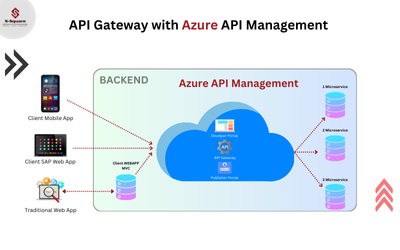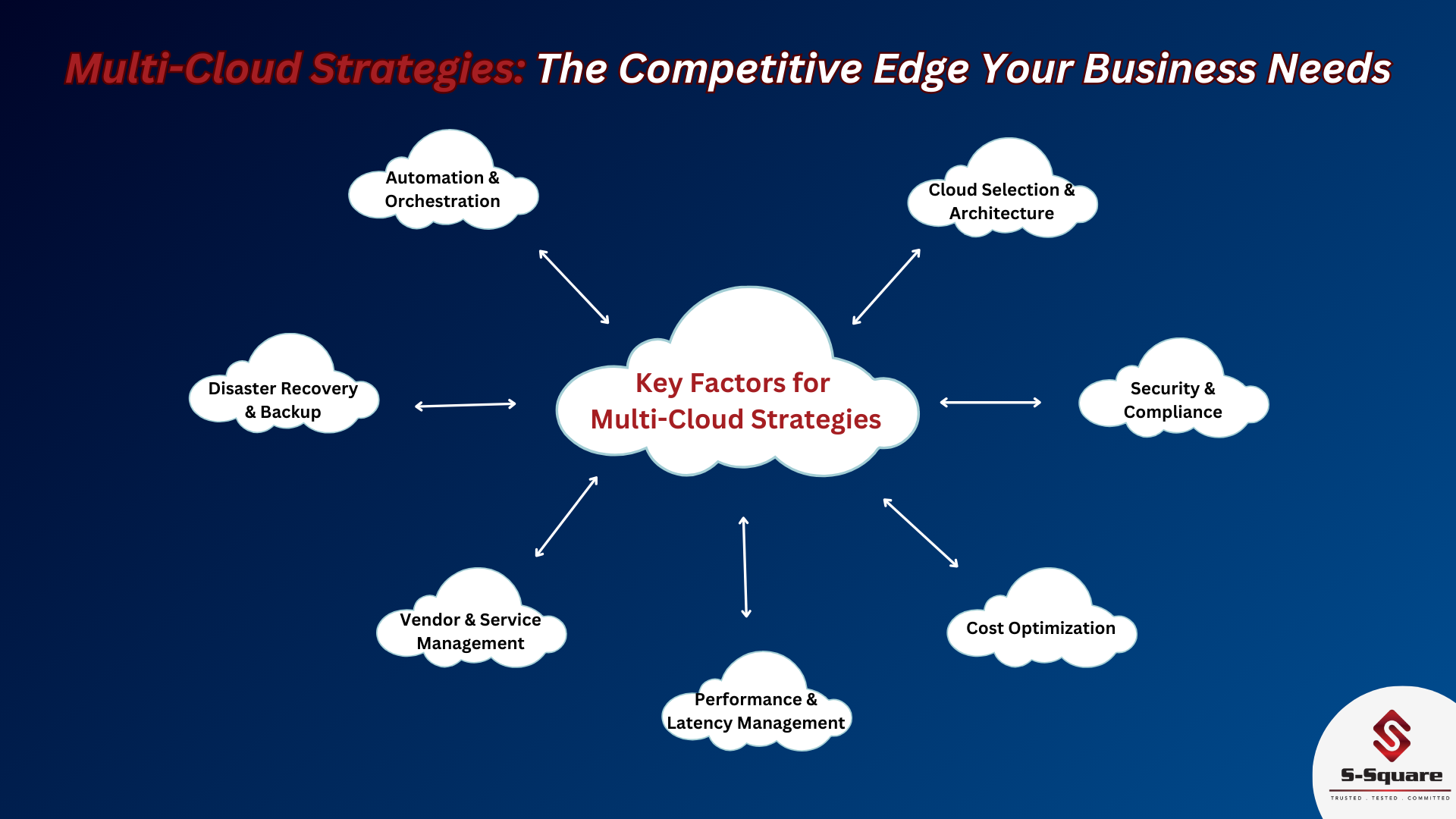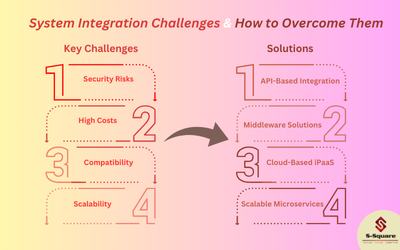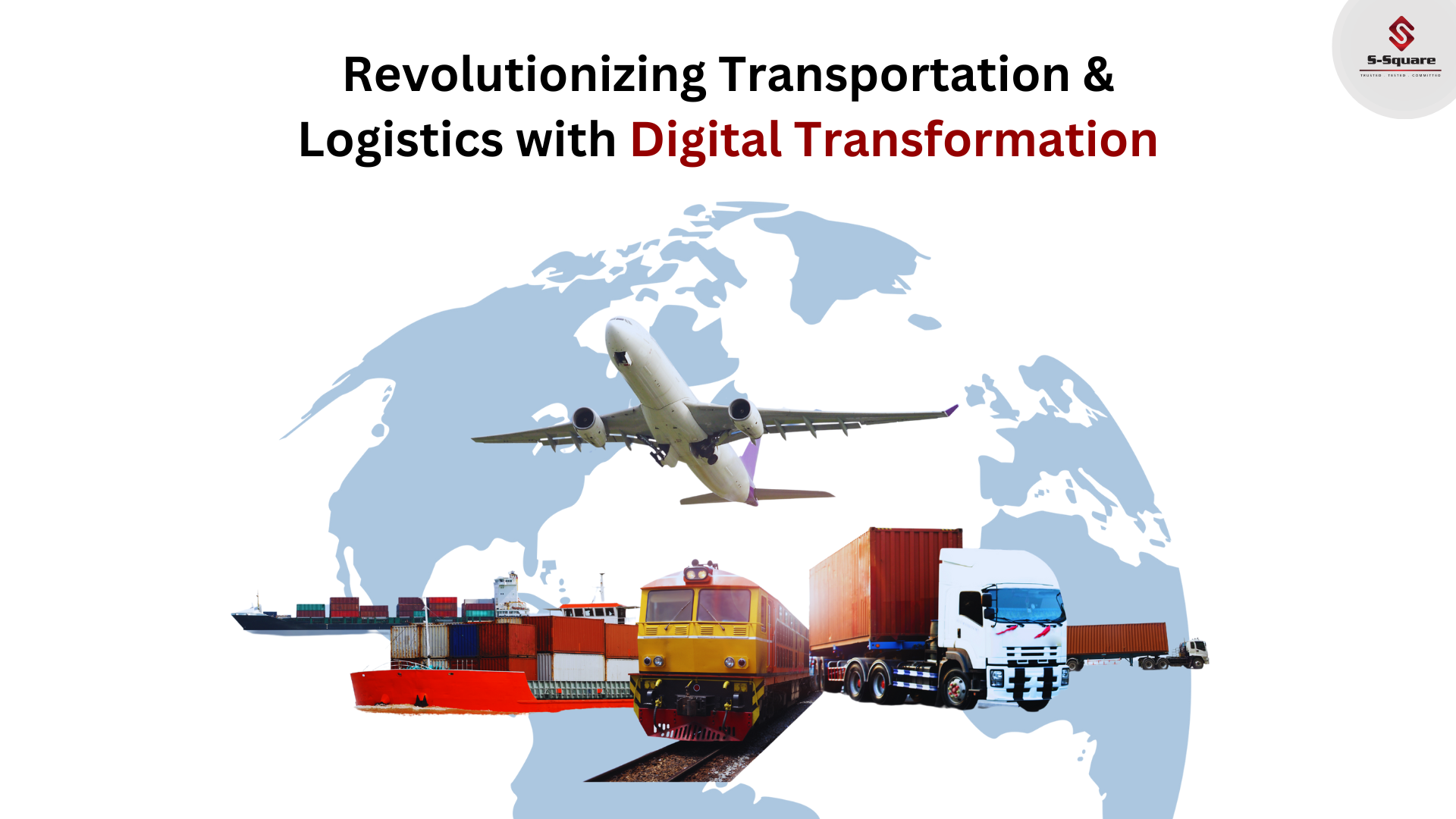
Introduction:
In recent years, the modern supply chain has confronted an unprecedented array of disruptions, spanning from surging consumer demand and fuel shortages to a global pandemic. While we’re gradually recovering from the latter, these factors have contributed to the escalating complexity of the supply chain. As a result, fleet management leaders are shouldering increased responsibilities amidst tight deadlines and heightened competition
Consequently, the transportation and logistics industry is compelled to evolve, seeking technological innovations and most effective strategies for efficiently moving goods from importers to manufacturers and distributors to end consumers. Technology has been the single most disruptive factor in this transformation and evolution. In this blog we will briefly look at the journey of transportation and logistics industry over time and understand the impact of technology in the sector.
Evolution of Transportation and Logistics industry over time.
The transportation and logistics sector has seen remarkable progress from its horse-drawn carriages origins. Today, technological and infrastructural advancements drive the sector and we have come a long way in how goods and people are transported.
Early Transportation: In pre-wheel times, humans relied on their own strength and animals for transportation. The invention of the wheel improved land transport, but the real game-changer was the 18th-century steam engine. Also, steamships and trains transformed long-distance travel and shipping efficiency.
The 20th Century: The 20th century brought more transformative changes. The internal combustion engine made cars and trucks mainstream for transporting goods and people. Airplanes revolutionized travel over vast distances. These innovations set the stage for modern logistics, where specialized companies manage the movement of goods, employing warehouses, distribution centers, and transportation networks.
The Tech Revolution: The 21st century sees technology reshaping transportation and logistics. The internet and e-commerce have given rise to new logistics models like drop shipping and direct-to-consumer shipping. Data analytics and artificial intelligence optimize supply chains, cutting costs and enhancing efficiency.
How technology is advancing the evolution of transportation and logistics industry today
The influence of emerging technology services in transportation and logistics is reshaping three key areas:
Performance Tracking and Visibility: Technology advancements are standardizing data storage and communication software within the transportation and logistics sector. This integration enhances the ability of partners to adapt, customize, and integrate new applications, resulting in improved efficiency, performance tracking, and end-to-end visibility. In addition, analyzing data from various sources refines processes and performance, with open-source solutions offering affordable software customization.
-
- Automation and Robotics: Automation and robotics innovations are revolutionizing labor-intensive tasks such as product picking and packing. Advanced automation systems are now more dependable and flexible, capable of handling numerous tasks efficiently. Plus, vision technology empowers systems to identify and manage objects in varying orientations. Ongoing research is creating robotic systems that rival human productivity, complemented by safety features for collaboration with human workers.
- Advanced Delivery Systems: Similar to ride-sharing services, logistics companies are using smart applications to buy and sell delivery services through online auction systems. These advanced delivery systems enhance efficiency, simplify negotiations, and ensure prompt payments by matching loads with available capacity. “Last mile” delivery is also evolving, with mobile applications enabling coordination with various community members to crowd-source delivery services and streamline communication and payment systems.
These advancements are not only improving efficiency and visibility but also reshaping the entire landscape of transportation and logistics, enabling businesses to adapt and thrive in an evolving industry.
Emerging technologies shaping the Transportation and Logistics Industry
The logistics industry is undergoing a transformation driven by cutting-edge technologies that enhance performance tracking, visibility, robotics, automation, and advanced delivery systems. These innovations are rapidly reshaping supply chain and logistics management. Here are some of the key technologies at the forefront of this evolution:
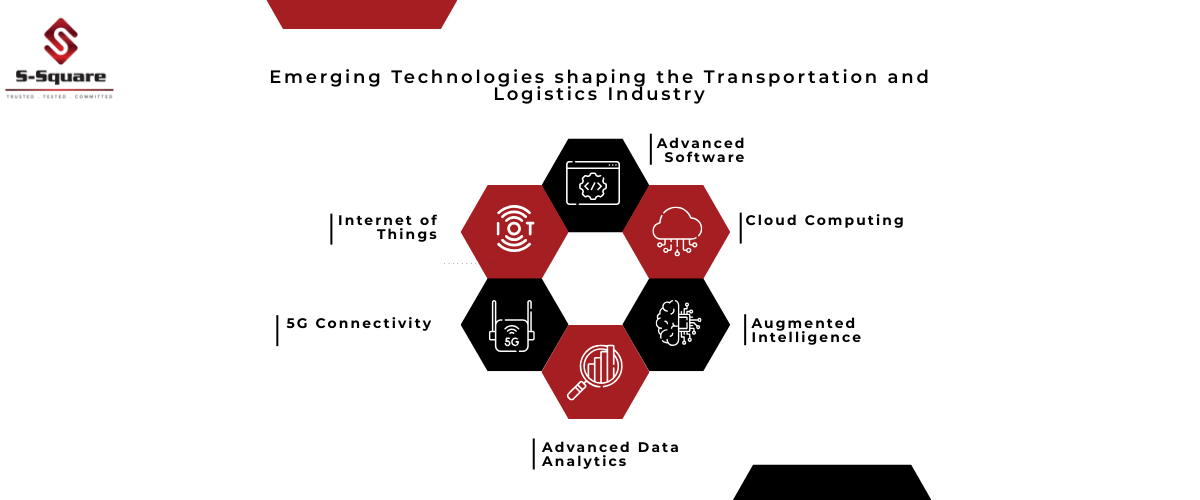
Advanced Transportation and Logistics Software:
Modern transportation and logistics software streamline shipping processes, order modifications, and data sharing across the global supply chain. The power of APIs enables integration, offering benefits such as accessing legacy system data, increasing speed between supply chain segments, improving agility, and enhancing customer experiences.
Cloud Computing:
Cloud-based solutions connect supply chain processes, providing real-time updates, integrated software systems, and seamless scalability. APIs maximize the value of cloud services by connecting users, software, and systems, unlocking data potential to improve operations and increase value for all supply chain partners.
Internet of Things:
Internet of Things (IoT) technology combines sensors, software, and connected devices to track objects throughout the supply chain, enhancing visibility and reducing labor costs. This “touchless” supply chain environment improves tracking ability and enables effective equipment monitoring.
5G Connectivity:
5G mobile networks amplify Internet of Things (IoT) capabilities with high data rates, low latency, and massive capacity. 5G not only impacts supply chains but also influences various sectors like household automation, autonomous vehicles, and real-time health tracking.
Augmented Intelligence, Artificial Intelligence, and Machine Learning :
These technologies automate processes, optimize inventory management, provide predictive analytics, and facilitate dynamic asset maintenance. Augmented Intelligence combines human ingenuity with AI processing speed, empowering workers to perform tasks with higher accuracy and efficiency.
Advanced Data Analytics applications:
With the supply chain becoming more digitized, advanced data analytics applications leverage large volumes of data to optimize quality control, inventory management, warehouse operations, predictive strategies, and real-time deployment. These analytics go beyond traditional systems, enhancing productivity and visibility throughout the supply chain network.
These emerging technologies are revolutionizing transportation and logistics, offering businesses unprecedented opportunities to enhance efficiency, accuracy, and customer satisfaction in today’s complex and evolving supply chain landscape.
Navigating the possibilities in Transportation and Logistics Industry with S-Square
As discussed in the above sections, the transportation and logistics companies must proactively reinvent themselves to ensure future success. To help companies adapt to this change, S-Square, a leading IT services provider offers many tailored-made solutions that can help transportation and logistics firms adapt to the technological realities of today.
Our Comprehensive Offerings for Transportation and Logistics:
-
- Application Management Services
-
- Nextgen EMS
- Modernization, Implementation & Support
- DevOps
-
- Cloud Services
-
- Cloud Strategy and Advisory
- Cloud Migration & Transformation
- Cloud Modernization Services
-
- Advanced Data & Analytics
-
- Enterprise Data Strategy
- Data Management Services
- Business Intelligence
-
- Digital Transformation & Advisory
-
- Digital Roadmap
- Advisory & Consulting
- RPA, AI & ML
-
- Application Development
-
- Full Lifecycle Development
- Packaged Software Implementation
- System Integration Services
-
- Custom ERP Management
-
- Human Resource Management
- Customer Relationship Management (CRM)
- Supply Chain Management
-
- Application Management Services
Explore our Transportation and Logistics solutions page for more information.
At S-Square, we’ve demonstrated our expertise in driving transformation for transportation and logistics companies. For instance, Omnitracs, a leading fleet management software provider, sought our assistance to transition from Waterfall to Agile, automate deployments, and enhance collaboration across teams. Through our approach, we enabled them to achieve remarkable results, including 90% savings through automation, 25 hours saved per deployment, and a significant reduction in functional defects, all while achieving higher quality software and faster release cycles.
Conclusion:
To conclude, the transportation and logistics industry has undergone a remarkable journey of advancement and adaptation. From early modes of transport powered by physical strength to the revolutionary steam engines and airplanes of the 20th century, the industry has continuously propelled us forward. In the 21st century, technology has ushered in a new era of optimization, with data analytics and artificial intelligence refining supply chains and delivery methods. Sustainable practices and innovative solutions like electric vehicles and drones are shaping a greener and more efficient future. As the industry evolves, its legacy of connecting the world and driving progress remains steadfast, promising a future where movement of goods and people is seamless and interconnected
